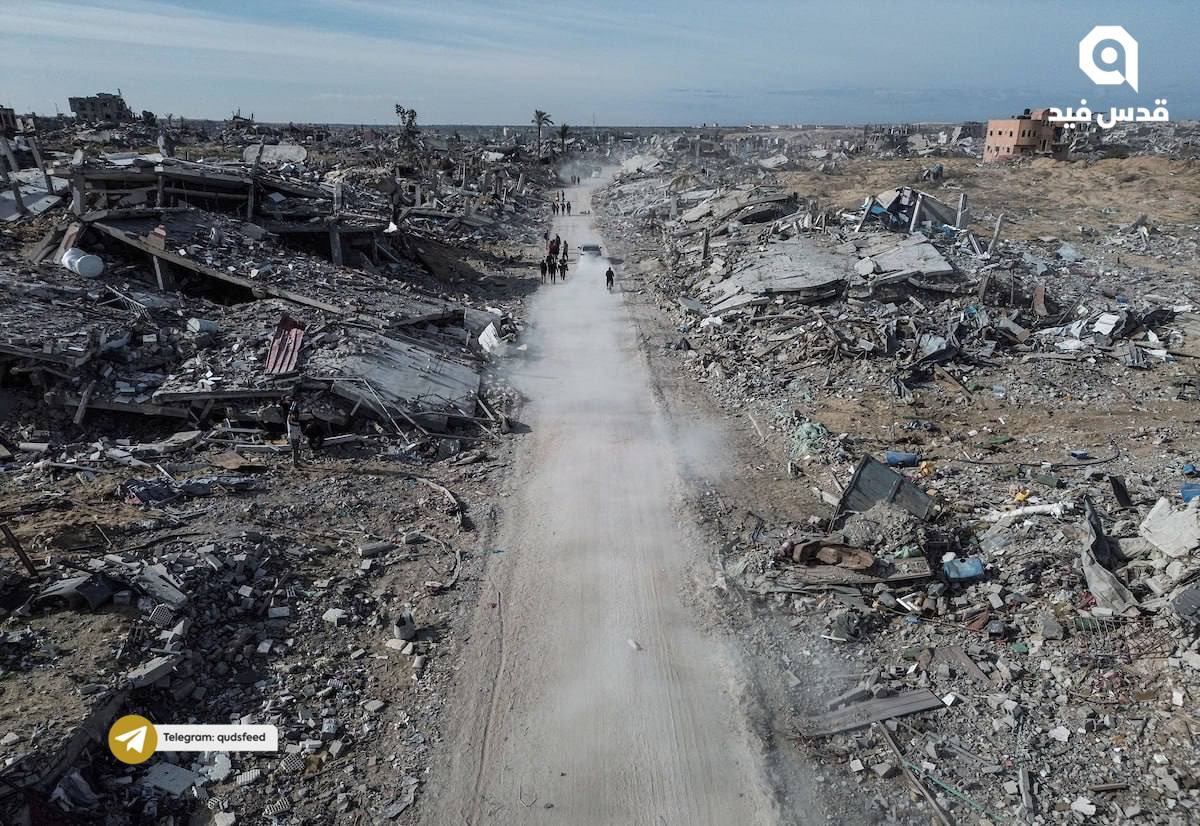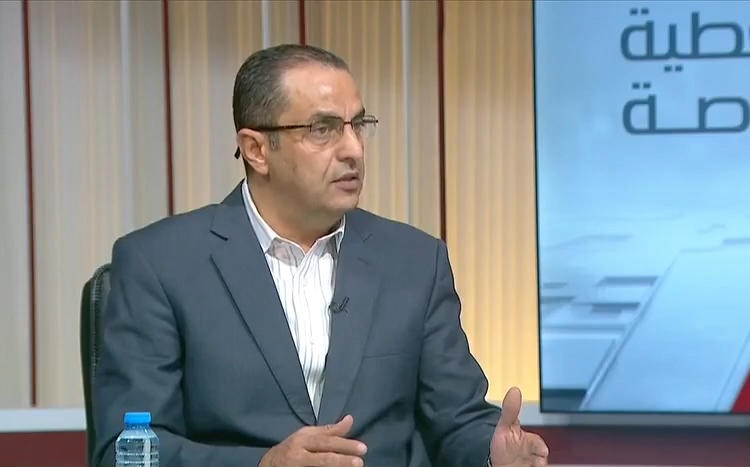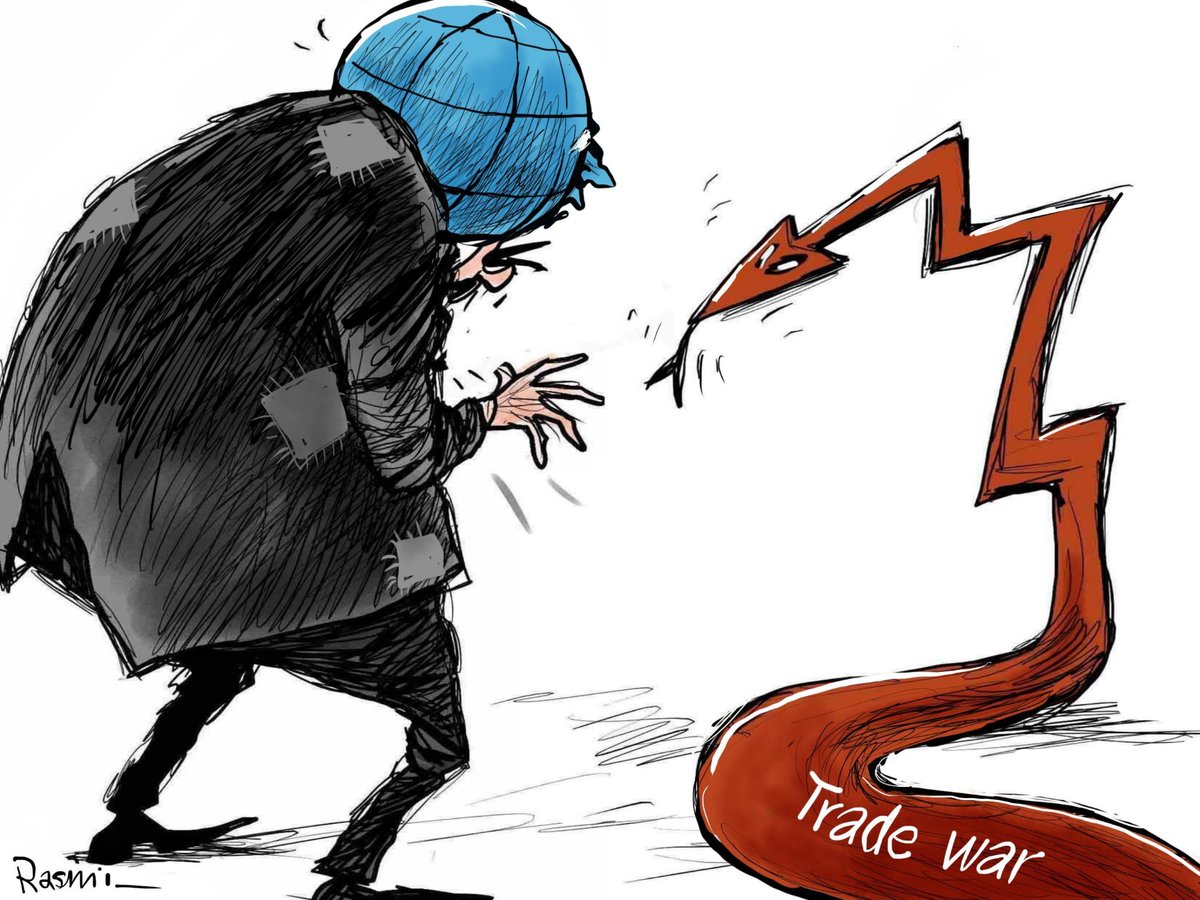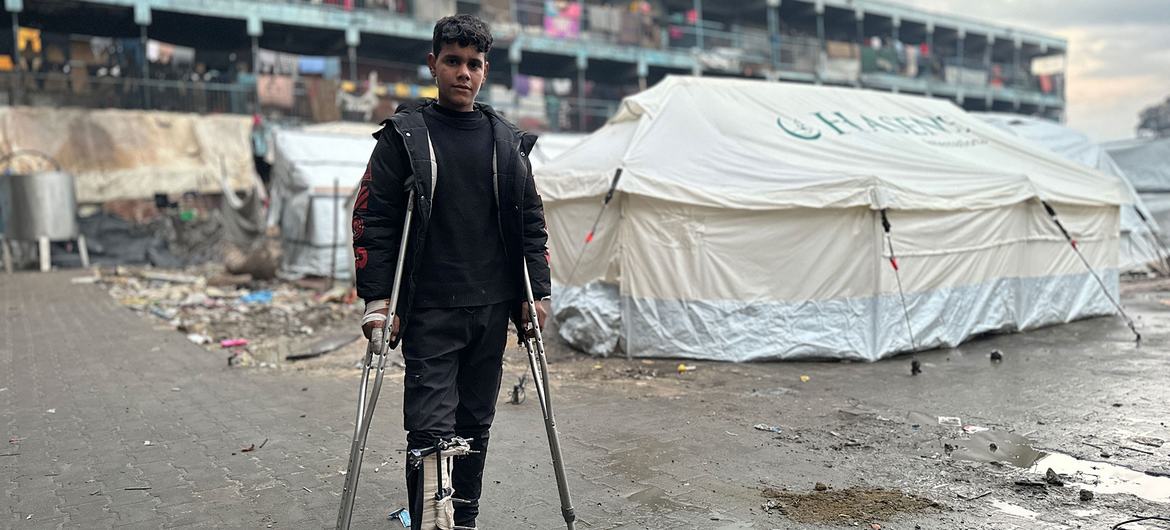World Condemn Trump’s Plan Over Gaza
US President Donald Trump’s recent proposal to relocate Palestinians from Gaza and place the territory under long-term US control has sparked widespread international backlash.
Unveiled during a joint press conference with Israeli Prime Minister Benjamin Netanyahu, the plan envisions transforming Gaza into the “Riviera of the Middle East” by resettling Palestinians in neighboring countries like Jordan and Egypt.
While the proposal received support from Israel, the global response has been overwhelmingly negative, with strong condemnations from major powers, regional countries, and even US lawmakers.
Global powers reject forced relocation
Both Russia and China criticized the plan, highlighting the violation of international norms.
Kremlin spokesperson Dmitry Peskov reaffirmed Russia’s support for a two-state solution, while the Russian Foreign Ministry said: “Any populist comments are counter-productive and ramp up tensions.”
China condemned the forced displacement, emphasizing that “Palestinians governing Palestine” is fundamental for post-conflict stability.
European countries have also been vocal on the plan, expressing strong opposition.
German Foreign Minister Annalena Baerbock labeled the proposal a breach of international law, stressing that Gaza belongs to the Palestinians.
France reiterated its opposition to any forced displacement, calling it a serious violation of international law.
The UK, under Prime Minister Keir Starmer, supported Palestinian rights to return and rebuild, while Denmark said: “It doesn’t seem to be a realistic way forward.”
Reasserting Italy’s support for the two-state solution, the Italian foreign minister said nothing can be achieved without the Palestinians, noting: “It seems to me that it is a bit difficult (to implement the plan).”
Spain, Ireland, and Slovenia, having recognized Palestine in 2024, condemned the plan, calling it ignorant of Palestinian history and contradiction of the UN Security Council resolutions.
Belgium said forced displacement of populations constitutes “a grave breach of international humanitarian law” while Poland expressed support for a two-state solution.
Canada, where Trump put tariffs on hold last week, said its longstanding position on Gaza has not changed and is committed to achieving a two-state solution.
Relocation plan ‘unacceptable’
Turkish Foreign Minister Hakan Fidan condemned the plan as “unacceptable,” stressing that even considering such a proposal is wrong. The Turkish Defense Ministry declared its complete opposition to the displacement of Palestinians.
Palestinian President Mahmoud Abbas rejected the plan outright, stating peace cannot be attained without a Palestinian state.
Hamas group called it “hostile,” while Qatar, Egypt, and Saudi Arabia warned it would destabilize the region.
Iran also voiced firm opposition to the plan, and Iraq condemned the plan to displace Palestinians.
Although Latin American countries were largely silent, Brazil’s President Lula da Silva criticized the proposal as “incomprehensible,” questioning where displaced Palestinians would live.
Dissent within US
Despite originating in Washington, the plan faced criticism even from US lawmakers.
Democratic Senator Chris Van Hollen condemned it as “ethnic cleansing by another name.” Representative Rashida Tlaib, a Palestinian-American, declared: “Palestinians aren’t going anywhere.”
Even Republican figures like Senator Lindsey Graham found the proposal “problematic,” while Senator Tim Kaine labeled it “deranged.”
Trump’s Gaza relocation plan has united a broad spectrum of global opposition, transcending geopolitical divides.
While no country has openly expressed support for the plan, many countries have remained silent. Argentina, Japan, and India, the countries that sent representatives to Trump’s inauguration, have not made any statements on the issue.
Countries that want to maintain good relations with the new US administration have also remained silent. Latin American countries, where Trump has cracked down on immigration and drugs after taking the office, have so far kept mum.
Aside from Israel, the international community remains steadfast in rejecting forced displacement, advocating instead for a two-state solution as the only viable path to lasting peace in the region according to Anadolu.



 Global Opposition Grows Against Trump and netanyahu's Gaza Plan
Global Opposition Grows Against Trump and netanyahu's Gaza Plan Saudi Arabia: No to Palestinian displacement.
Saudi Arabia: No to Palestinian displacement.

 (@dreamtwik)
(@dreamtwik) 





